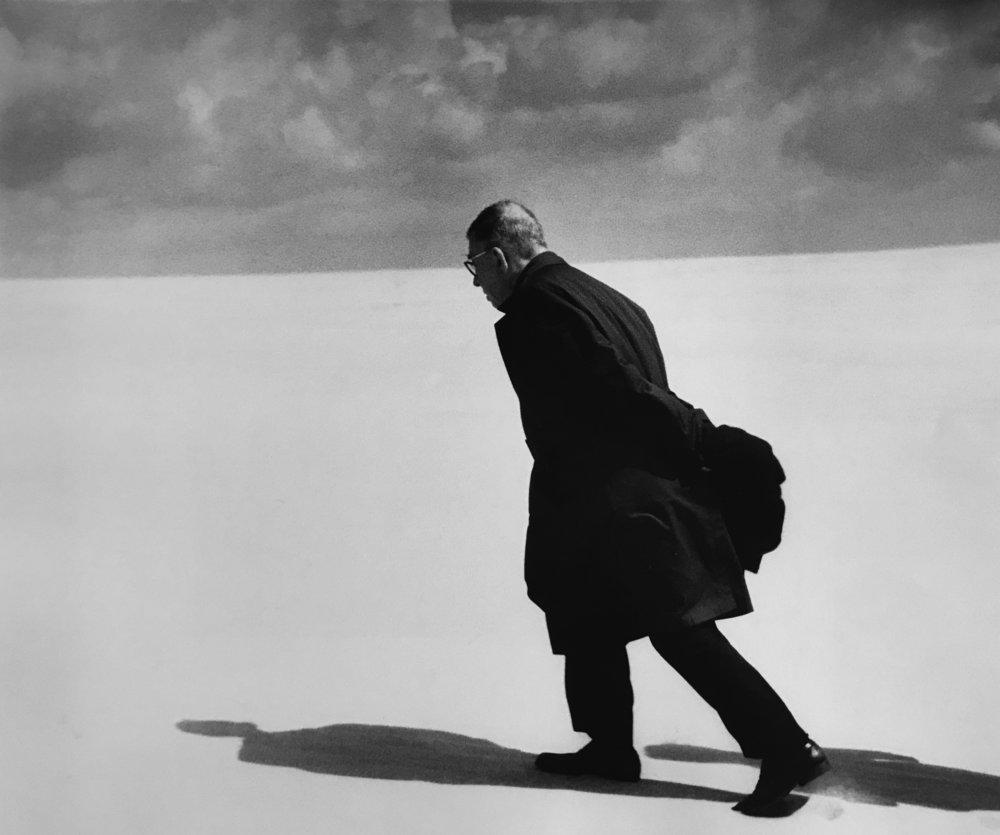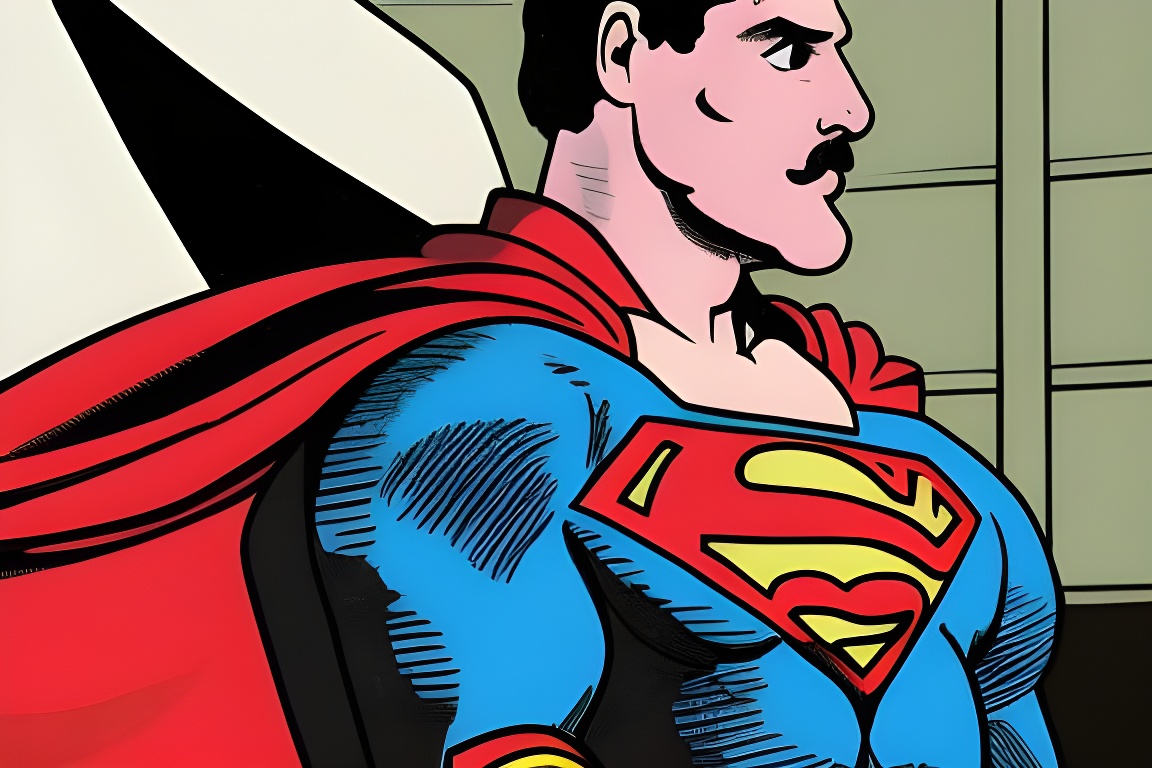Sartre on authenticity and bad faith
“A grocer who dreams is offensive to the buyer, because such a grocer is not wholly a grocer. Society demands that he limit himself to his function as a grocer. … There are indeed many precautions to imprison a man in what he is, as if we lived in fear that he might break away and escape from his condition.”
The fundamental claim of existentialism is that we are always free to choose, no matter the situation. This very freedom is something we cannot escape, to the point where we are condemned to be free. Although external circumstances – facticity – may impose a limit on us, we cannot be forced to follow some remaining course over another. In this remaining space we still have freedom of choice. Often, it may not be an easy choice, especially when we are aware that our choices have consequences. Such choices are made in anguish. However, despite this pressure, by choosing to act according to our beliefs and desires we also choose to live authentically.
What happens when we give in to external social pressures? Our choices are then made in bad faith, or as Sartre put it in French, mauvaise foi. We give up our innate freedom, thereby living inauthentically. In doing this, we deceive ourselves.
In certain situations, we may even think we may not have the freedom to make a choice, or choose to not take sides. But that is a choice in itself: it’s the choice to not make a choice, or the choice to pretend not to have the freedom to make a choice.



